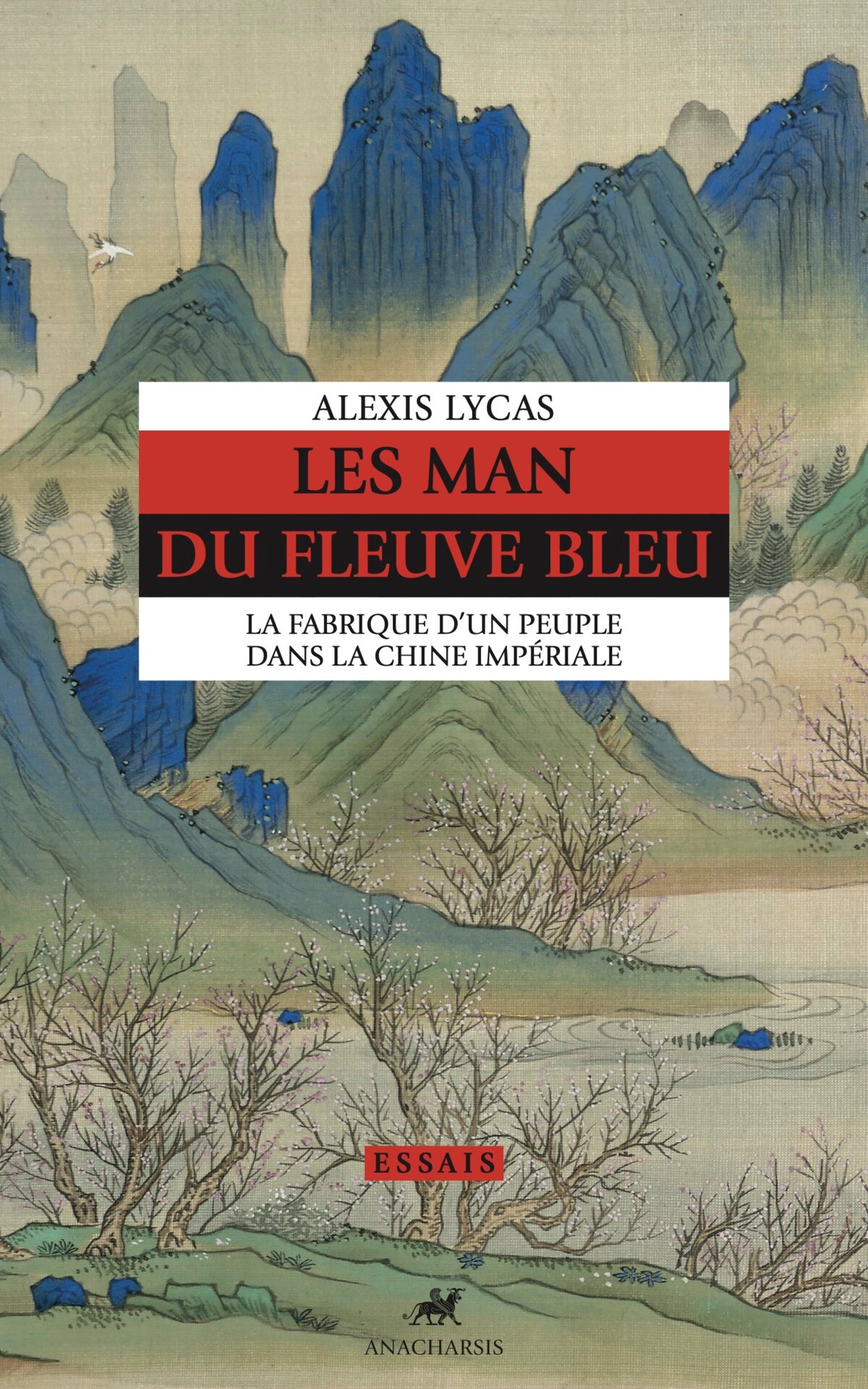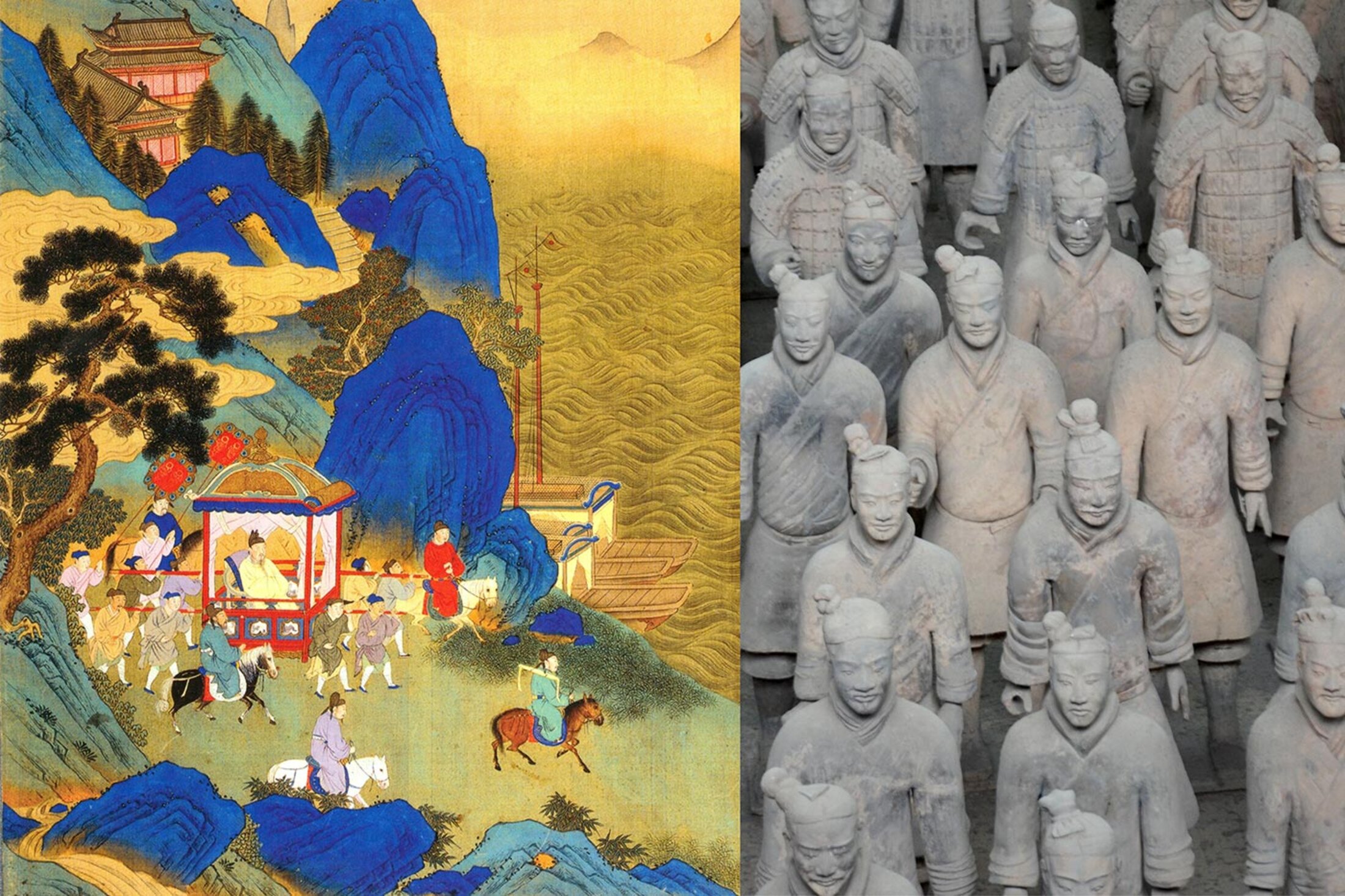From General Charles de Gaulle's information minister and confidant Alain Peyrefitte to President Jacques Chirac's prime minister Jean-Pierre Raffarin, a section of the French Right has long been attracted by the notion of “eternal China”. Fascinated by autocrats, they see the leaders of the Chinese Community Party as worthy inheritors of the old emperors. Whether it relates to the time of Mao Zedong, the founder of the People's Republic of China in 1949, or the current era of Xi Jinping, who has brought Chinese civic society to heel since coming to power in 2012, figures on the Right have an infatuation for a political regime they view as stable and able to plan for the long term. During interviews Raffarin has, for example, praised China's 5,000 years of continuous history, thus adopting the same national narrative promoted by Xi Jinping himself.
Fortunately, a series of books published in recent months by academics and journalists has brought some nuance to the subject by focussing on “Ancient China” - or the “China before China” as the China specialist Professor Gregory Lee calls it in his contribution to the essay collection Mots de Chine, published by Presses Universitaires de Rennes in 2022. There has also been a new focus on how the Chinese nation state was constructed under Japanese and Western influence from the nineteenth century, and on the People's Republic of China itself.

Enlargement : Illustration 1

One of these new works looks at the Chinese medieval period and a group known as the Man people of southern China. 'Les Man du fleuve Bleu. La fabrique d’un peuple dans la Chine impérial'e ('The Man of the Blue River. The making of a people in Imperial China') is written by Alexis Lycas, a lecturer at the prestigious École Pratique des Hautes Études higher education institute, and published by Anacharsis. This is not just a learned work about a rebellious people who lived along the middle section of the 'Blue River' - the Yangtze - from the time of the Han dynasty (206 Before Common Era or BCE) to the end of the Tang dynasty (907 CE). The book also “contributes to the destruction of Chinese historical myths” - a phrase used by Alexis Lycas's thesis supervisor, the China expert François Martin – and helps us better understand the specific nature of Chinese imperialism and its colonial practices. It is a timely book in an era in which China's president Xi Jinping is busily exploiting his country's history.
Mediapart spoke to Alexis Lycas at the sixth 'L’histoire à venir' festival at Toulouse in south-west France, which runs until Sunday May 28th, an event in which Mediapart is a partner (see black box below).
Mediapart: Why did you become interested in the Man people?
Alexis Lycas: I'm an historian of geographical knowledge and practices. This isn't historical geography, which involves studying a certain place at a certain period and asking what has happened to it, but rather looking at geography as knowledge, both scholarly and everyday: what does this geographical knowledge say about certain aspects of Chinese society, and in particular of its renowned scholars and public servants?
Within this domain of geographical knowledge there are several elements, of which one of the most important is ethnography [editor's note, the systemic study of individual cultures]. In this case it's the ethnography of the Man, a gathering of social groups probably organised along tribal lines, neither Chinese nor barbarian, both feared and mistrusted by the authorities, and who were subject to a very particular tax regime. At the time that I am studying – from the ancient world of the Han dynasty to the Middle Ages of the Tang dynasty, in other words from the 3rd century BCE to the 8th century CE – the Man were living along the mid-section of the Blue River [editor's note, the Yangtze] in the south of the empire, in what is now the centre of the People's Republic of China. I got interested in this on the advice of my thesis supervisor, François Martin.

Enlargement : Illustration 2

Recent archaeological discoveries of local archives from the Han era have confirmed a certain number of instincts that we had about these peoples and enrich our knowledge of them – and also the people in charge of managing them, the imperial officials. Through these manuscripts you can really see at ground level the way in which these local officials treated these peoples. There's a whole array of local laws, of legal statutes unique to them, measures that were put in place to deal with them in the most effective way possible. As well as the 'Man' people themselves, I have tried to highlight the role of pragmatism in the government officials' administrative and bureaucratic actions.
Mediapart: You quote François Martin who explained that he wanted to “destroy Chinese historical myths”. Your book is one of a clutch of publications devoted exactly to that, deconstructing the image of an eternal and stable China that is presented by the Communist party and its leader Xi Jinping. How do you explain that?
Alexis Lycas: I see it as a reaction, but it's not so new. You cite François Martin. In 1984 in a page of a draft for a 'History of the Man' that he was working on, he wrote, and I reproduce it in the book: “Contribute to the destruction of Chinese historical myths”. He wasn't the only one to go down this path, which aims to deconstruct this vision of linear progress by an empire which establishes itself, consolidates itself and becomes stronger and stronger, integrating in a uniform way.
Others have tackled it, and I'm thinking in particular of 'Le Glaive et la Charrue', ('The Sword and the Plough') the recent book by Éric Trombert on the Han's 'Conquest of the West'. And of Anne Cheng and her courses at the Collège de France [research establishment], the most recent of which had the provocative title: 'Is China (still) a civilisation?' Anne Cheng is interested in this construct by the current Chinese government which evokes the so-called 5,000 years of Chinese civilisation.
As historians we try to introduce complexity. We seek to show that it was a jerky process of construction made even more fascinating by being uneven and non-linear. Contrary to what one imagines, since its unification in 221 BCE by the first emperor Qin Shi Huang, China has been divided for longer than it's been united. And it was regularly conquered by dynasties of foreign origin that are termed barbarians.
We seek to show that not only was this construction [of China] difficult, but also that the officials who were sent to its outer fringes didn't always apply the imperial yoke on these unruly peoples in a mechanical way. They took into account the specific nature of the latter in constructing a good, effective government in order to avoid rebellions and to raise taxes.

Enlargement : Illustration 3

Mediapart: Which documents did you rely on to tell the story of these subjugated peoples?
Alexis Lycas: I relied on the dynastic histories, sources that tend to get rejected on the grounds that they were the orthodox expression of the imperial power, of the rulers. Yet, following the path that François Marin wanted to go down, I kind of went back over the official literature back to front to read it in detail. It contains a host of extremely rich anecdotes.
These officials sources are in fact the layer of documents produced locally by government officials. The aim of these practical documents unearthed in archaeological discoveries over the last thirty years was not to extol the greatness of the empire or the ruling dynasty, but to underline existing problems and to try to find solutions. So they don't seek to hide the problems that cropped up, but to find administrative, legal, ethical and agricultural solutions.
Mediapart: What's interesting about your book is that it's a learned work on China's medieval period but it nonetheless helps one understand the China of today in its analysis of a specific imperialism that is not the same as Western imperialism, and in understanding the national story as set out by the Communist Party under Xi Jinping.
Alexis Lycas: We've long been careful about the terms that we used in the Chinese context, because we started from the principle that many of the '-isms' were Western concepts imported into China by Japan in the modern era. So we refused to use terms such as colonialism or imperialism to describe the political history of Chinese expansionism. For when you think of colonialism it tends to evoke European companies, the transatlantic slave trade and wars conducted far away. Here we have a different setup, with an imperial state the size of a continent.
From a spatial point of view the seizing of territorial control was done continuously with no insurmountable land barriers (with the exception of the Himalayan range). This led to the justification of actions which are not considered colonial, but which in fact are. That's the paradox. The territorial ascendancy of what became in the third century BCE an empire, one which, depending on how you see things, has remained more or less to this day, means that you're caught in a fiction – that of a natural conquest of a hinterland.
Before the modern era they didn't necessarily cross seas but they progressed through central Asia into the territory of the Xiongnu (the semi-nomadic ancestors of the Huns), to the Tibetan area in the south west, to the Turkish-Mongolian steppes to the north, and in the south as far as the Man. These peoples are today labelled as minorities and held up by the government as proof of the consideration given to ethnic distinctiveness.
This is political justification for a movement portrayed as natural but which isn't. The question of whether it is legitimate or not isn't raised. The empire works in a way which one can indeed describe as colonialist, inasmuch as it involves territorial appropriation (by force if needed), colonisation by non-native populations, and the irreversible modification of agricultural practices.
-----------------------------------------------------------------------------
- The original French version of this interview can be found here.
English version by Michael Streeter


